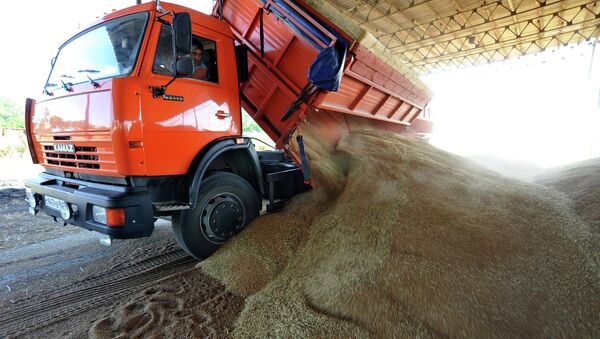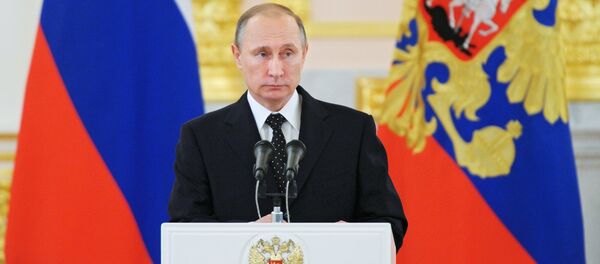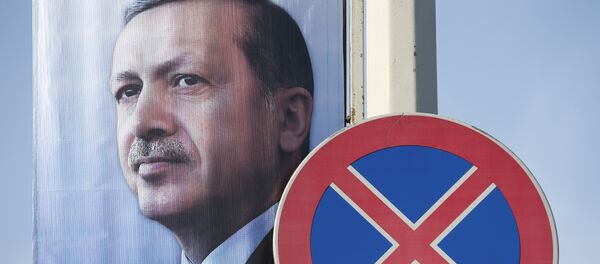The tensions between Moscow and Ankara have risen after a Turkish jet shot down a Russian Su-24 bomber over Syria November 24.This was the first time since 1952 that a NATO country has attacked a Russian warplane.
Erol Yahya, managing director of Turkey’s Intermil-Un, said his company suspended buying Russian wheat until the situation is clear. Meanwhile, Turkish dealers and brokers said some Russian companies have already stopped signing new deals with Turkish companies.
According to the US Department of Agriculture, Russia is the largest wheat exporter to Turkey. From August to October 2015, Ankara bought nearly 1.6 million tons of Russian wheat and became the second-largest buyer after Egypt. If Turkey has to look for alternative suppliers the price would increase, the author noted.
However, if Turkey buys wheat from other countries the price will be higher. According to Yahya, his company will have to pay $30-40 more per ton for US, Canadian or Australian wheat.
Many in the industry hope that despite their political tensions, Moscow and Ankara will not disrupt bilateral trade ties. Turkey is a lucrative market for Russian wheat, and the official ban may damage the Russian economy as well.



